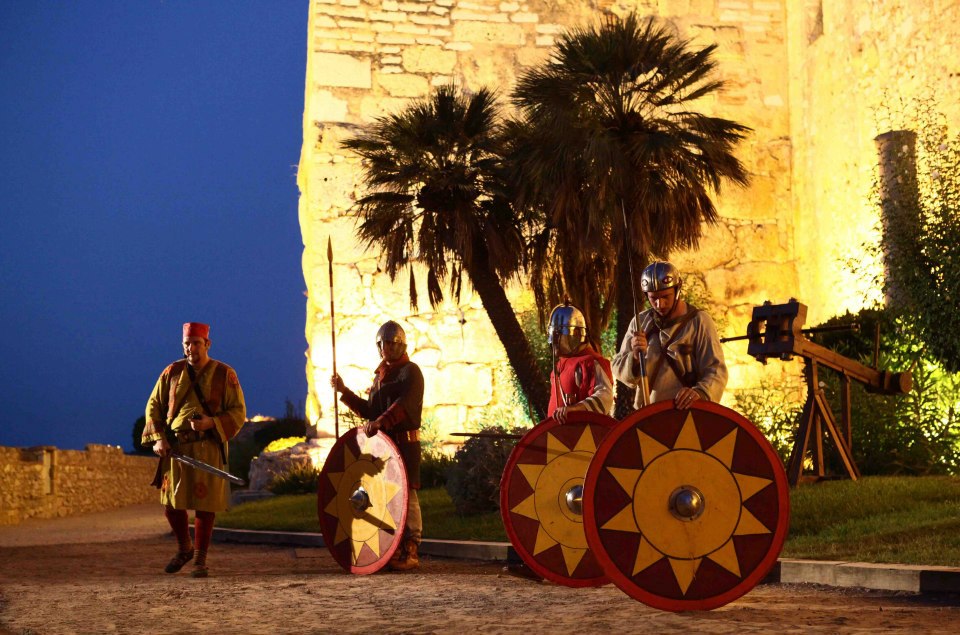This is my very first article on this new blog, and it has led me into a bit of meditation before actually concluding on a way to start this series of collaborations properly. In the end, I picked what it may seem as the most obvious choice for most people, but in my opinion, the most important of them all. Everybody points out tourism’s importance, but in a sort of foreign way, as it weren’t our business, a part from those cases directly related to our salary. I would like to start a debate regarding offer, products and tourism in general.
On one hand, we would agree on pointing at tourism, and specially those activities and experiences which originate from it, as almost certainly, the most important cultural phenomenon of the 20th century. Tourist democratisation has made affordable for everyone to travel, and suddenly, this has caused loads of people being abroad, on several different places, which has allowed them to discover other countries and cultures with very different realities to theirs. This is a very remarkable fact. In most cases, I think we don’t really realise about the cultural and educational impact tourism delivers. My reflection though, induced by a good friend of mine, should not be focused on this fact, despite it is also directly related to it. What I really want to make is a small and modest reflection about the way we work, produce and relate with each other, towards the tourist activity.
In most circumstances, both private and public sector, but also population in general, see a tourist as a clichéd type of person. I mean, we think that those products, activities and actions we should promote, must be focused onto the tourist satisfaction. But, who is the tourist? What is he or she like? You and I, or any of us, are what we are. I believe that we, human beings, do not change. We are who we are, whether we are in our territory, or the confines of the Earth. If that’s the way it is, and I’m completely sure about it, what would lead us into thinking that we should plan experiences, activities and products specially designed just for tourists? We are all people, yes, different, but people with cultural, spiritual and physical needs and curiosities. We could think on the different kinds of public we will be focusing, we could think on what languages we should be using, but, mainly, we ought to think and work in order to design products and experiences attractive enough to suit everyone’s needs, whether they live in our same country or speak our same language. What really matters is the experience being rewarding and exciting enough, based on everything we are, which is exactly what will make us different and, on the long term, only when carried out properly, the best ones. This subject though, will be also dealt here in a very near future.
Finally, I would like to bring up an example of a project that follows the above described. Last summer, in Tarragona, we held the Tarragona Història Viva first edition, eight weekends full with historical reconstructions and events from the roman age, at several spots. Rather than the sheer attendance number, more than a 70% of average occupation, we have been especially pleased with the fact that, a 47% of spectators, were actually from the Tarragona region, leaving the other 53% to audience coming from Barcelona, Madrid, USA, Brazil, Sweden, Germany and France, among others. This is, to my view, a good event example thought for humans, and developed using coherence, working with what we are and, at the same time, walking towards what we would like to be.
Carles Sanz Laborel is the Tarragona Municipal Tourism Board manager.
*Translated by Artur Santos




